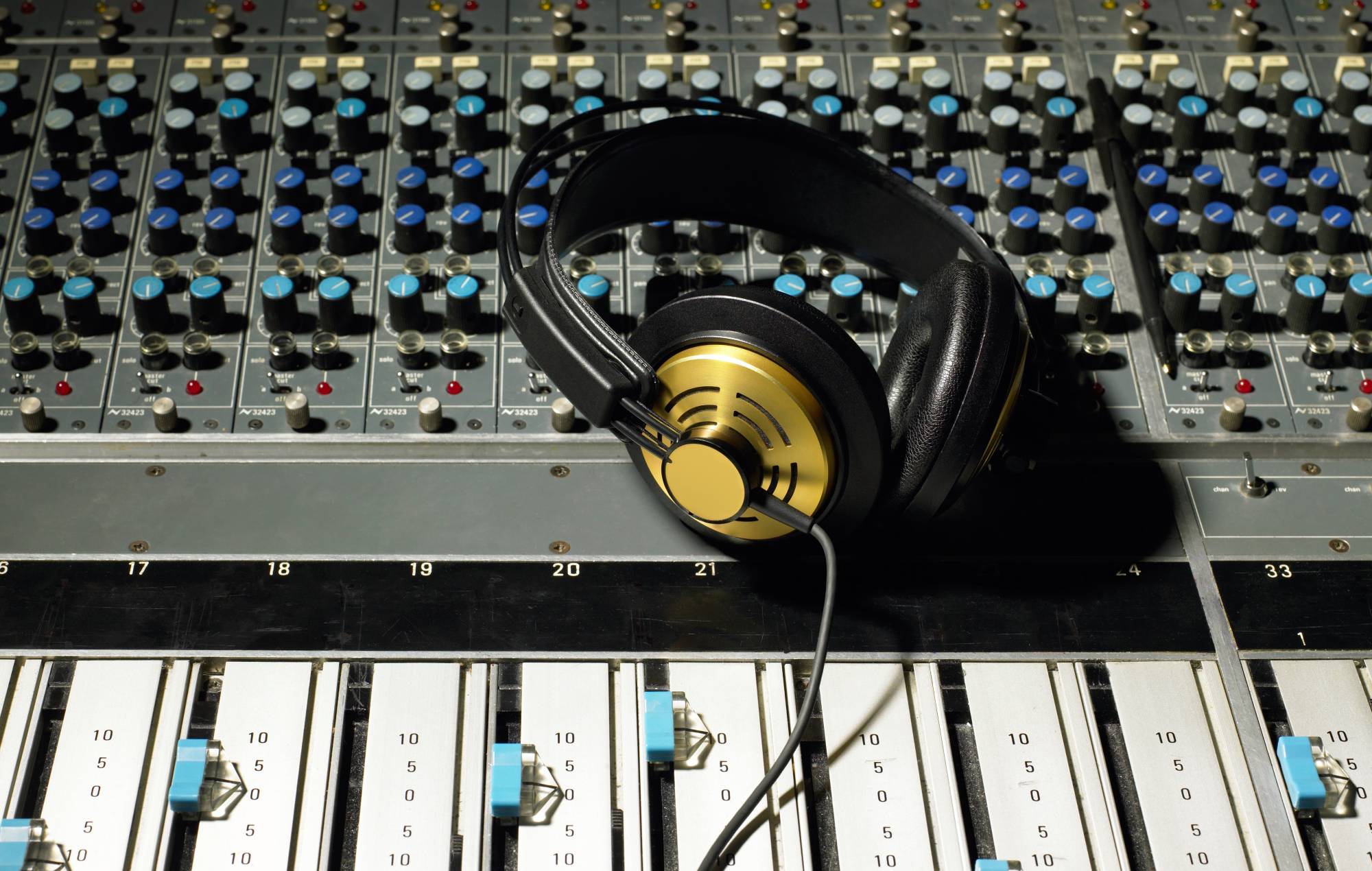A new study has estimated that people working in music are likely to lose a quarter of their income to Artificial Intelligence over the next four years.
READ MORE: In the age of AI Oasis, there’s no point being ordinary
The figures come from the first global economic study examining the impact of AI on human creativity, by the International Confederation of Societies of Authors and Composers (CISAC).
Without intervention from policymakers, those working in the music sector are predicted to see more than a 20% decrease in their income, while AI developers in the music industry are set to gain €4bn (up from €0.1bn in 2023), per The Guardian.
The annual market for generative AI is currently €3bn, which is predicted to rise to €64bn by 2028.
Elsewhere, the study highlighted the threats AI pose to creators under the current regulatory frameworks that are in place in most countries. This includes shrinking work opportunities and unauthorised use of their works to train generative AI models.
Former ABBA member Björn Ulvaeus has commented on the findings, saying: “AI has the power to unlock new and exciting opportunities – but we have to accept that, if badly regulated, generative AI also has the power to cause great damage to human creators, to their careers and livelihoods
CISAC DG Gadi Oron on first ever global study measuring the economic impact of AI in the music and audiovisual sectors:
“Its conclusions point to a fundamental flaw that is opening up in the market, with creators’ works being unfairly and unethically appropriated to…
— CISACNews (@CISACNews) December 4, 2024
“Which of these two scenarios will be the outcome? This will be determined in large part by the choices made by policymakers, in legislative reviews that are going on across the world right now.”
He continued: “It’s critical that we get these regulations right, protect creators’ rights and help develop an AI environment that safeguards human creativity and culture.”
The use of AI in creative fields has been a growing topic of debate in recent years. Back in April, Billie Eilish, Robert Smith, Stevie Wonder and Nicki Minaj were among the famous artists who signed an open letter warning against the “predatory” use of artificial intelligence.
Before then a new act was approved in Tennessee to protect musicians from AI deepfakes. That move came after several US politicians argued for the need for legislation to catch up with advancements in AI technology after graphic AI images of Taylor Swift circulated widely on social media in January.
More recently, Radiohead‘s Thom Yorke, ABBA’s Björn Ulvaeus and other industry figures were among those who signed a statement against using creatives’ work to train AI, Mark Zuckerberg said that it may lead to some “interesting” but “soulless” tracks, and David Attenborough said he was “profoundly disturbed” by an AI clone of his voice.
The post Music sector workers to lose near a quarter of all work over next four years, says study appeared first on NME.



